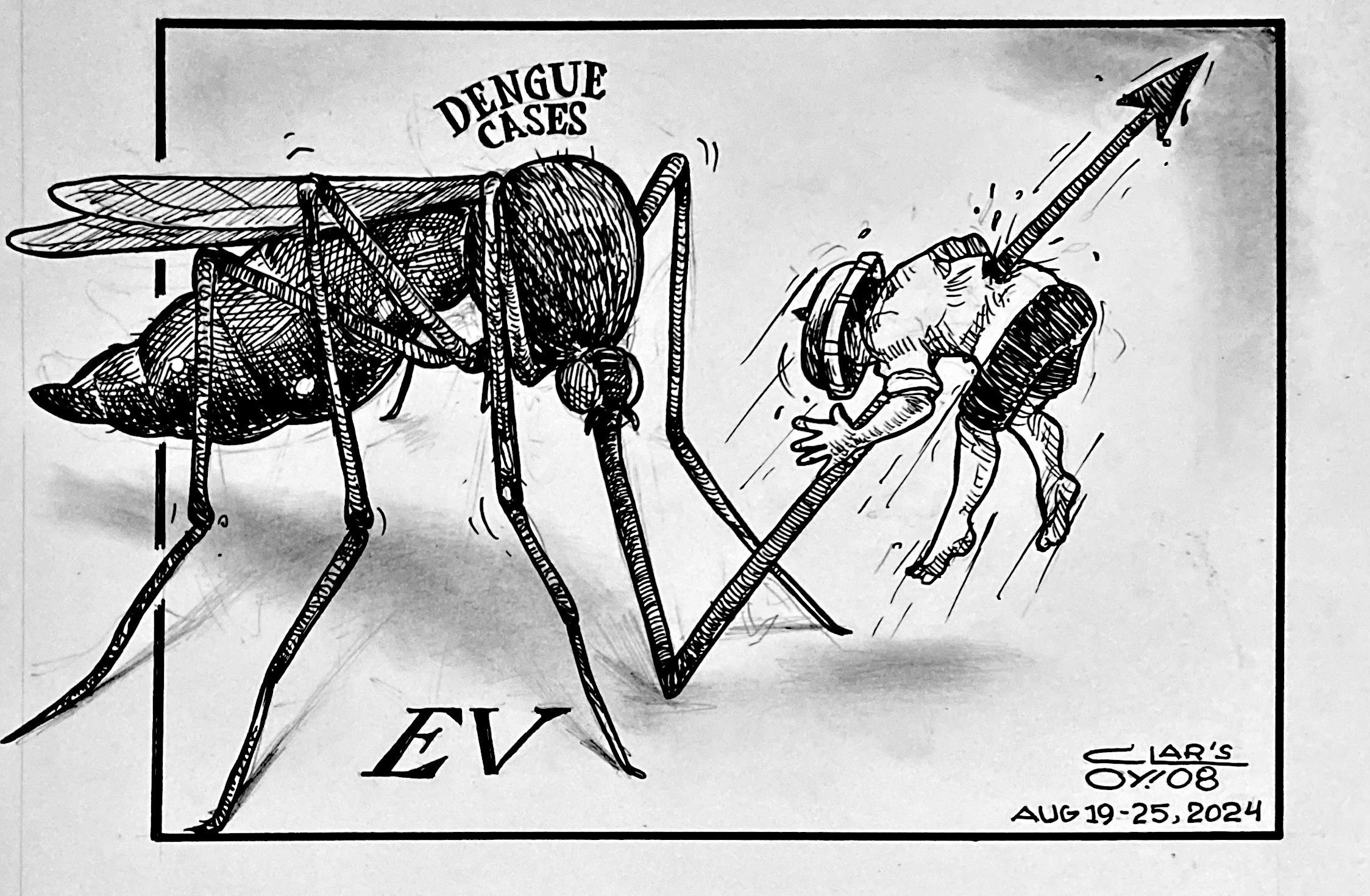The recent surge in Dengue cases in Eastern Visayas has left many residents concerned and worried about their health and well-being.
As the number of cases continues to rise, it is imperative that local government units (LGUs) take swift and effective action to contain the outbreak.
Unfortunately, the response of some LGUs has been slow and inadequate.
Many have failed to implement necessary measures to prevent the spread of the disease, such as increasing mosquito eradication efforts, conducting public awareness campaigns, and providing adequate medical supplies to affected areas.
This lack of urgency is unacceptable, especially considering the severity of the situation.
The Philippines has one of the highest rates of Dengue deaths in the world, and Eastern Visayas is one of the most affected regions. The delay in response only puts more lives at risk.
LGUs must prioritize the health and safety of their constituents by taking immediate action to address this crisis.
This includes increasing funding for mosquito control programs, improving healthcare infrastructure, and providing necessary resources to healthcare workers.
Furthermore, LGUs must also work together with national agencies and other stakeholders to share best practices, coordinate efforts, and ensure that resources are allocated effectively.
It is also crucial that LGUs engage with local communities to raise awareness about the importance of prevention measures, such as eliminating breeding sites, using mosquito repellents, and seeking medical attention promptly if symptoms occur.
For some, the response of LGUs in Eastern Visayas to the Dengue outbreak has been underwhelming. Only acting when the situation is already alarming.
It is essential that they take immediate action to address this crisis, prioritizing the health and safety of their constituents. By working together, they can prevent further spread of the disease and save lives.
#WeTakeAStand #OpinYon #OpinYonEditorial #DengueOutbreak
